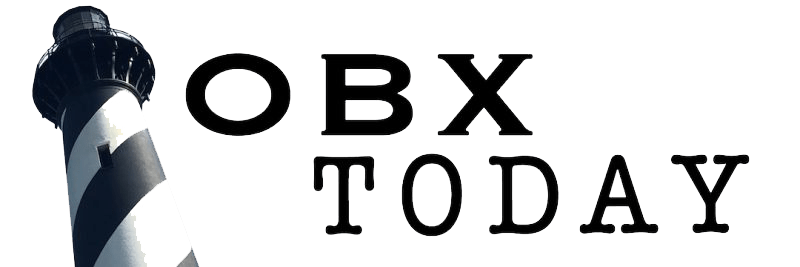
By Chip Miller
I appreciate the recent letters published by both Toby Gonzales and John Harris, but I am writing to ask the Outer Banks “community” and local government leaders to add this to thoughts on how this and future issues are handled.
No one can deny that both authors are long-standing members of the community who also care enough to invest in giving back to the community through small businesses. This resonates with my family and I, as we also live in a rural community and own and operate our own small business.
The close-knit community feeling was one of the things that attracted my wife and I to purchase a second home in Salvo.
Understanding that small business is the life blood of any small town led us to spend a day traveling to Ocracoke Island during our two-week stay in December. We could have just as easily eaten at any one of the closer open restaurants, but my family and I made the decision to travel to the island to try and support the rebuilding businesses as best we could. This included eating in a local restaurant and shopping in a local store.
We rent our Salvo beach home for a large portion of the year, but we also stay in our home once a quarter for a week or more. Rental taxes paid by our renters are used to fund services used by tourists during the season but also include funding for things like emergency services that serve residents year-round. We pay real estate taxes that are used for many services that full-time residents use, whether they own or rent their homes.
I would ask you to consider who are the people of your community? Are they not people who own homes, pay taxes, support the local economy and count this community as “home”? If so why are we being denied access to our property? Why are non-resident owners stopped from coming to enjoy and live in the homes we own?
I agree that this is an unprecedented time in our world and safe measures should be observed. Does the stoppage of non-resident owners entering the island also mean that resident islanders are not leaving the island?
In short, it does not.
Vendors who travel onto the island to service pools, clean carpets, perform handyman services and repairs are all working when and where they can. Are residents forced to forgo trips to stores or workplaces off the island in an effort to keep the community safe?
Everyone wants to tout the decision that is best for the community but I would argue you are ostracizing a good portion of the community.
Had non-resident owners been allowed to go to the homes they own, couldn’t they have still observed social distancing? Couldn’t these owners have paid for take-out food from restaurants? Couldn’t we all have practiced the same recommended precautions to the virus that full-time residents are practicing?
If and when the Outer Banks is next threatened by storm, wouldn’t the full-time residents want to be warmly welcomed into outside communities?
I believe that in an effort to protect a community, a large portion of the community was left out of your consideration. I would ask that moving forward you include those of us that believe we are a part of this community in the community.
As I finish this up, the Dare County Control Group has announced it’s plan to reopen. This is fantastic news, but I urge you to please not forget the points being discussed here and now and in future plans for living as a community in the Outer Banks.
Chip Miller is a non-resident property owner who resides full time on a farm in Warrenton, Virginia, along with his wife and three boys. Miller and his wife have run a small town, main street business for the last 15 years, owning a real estate and property management company.
